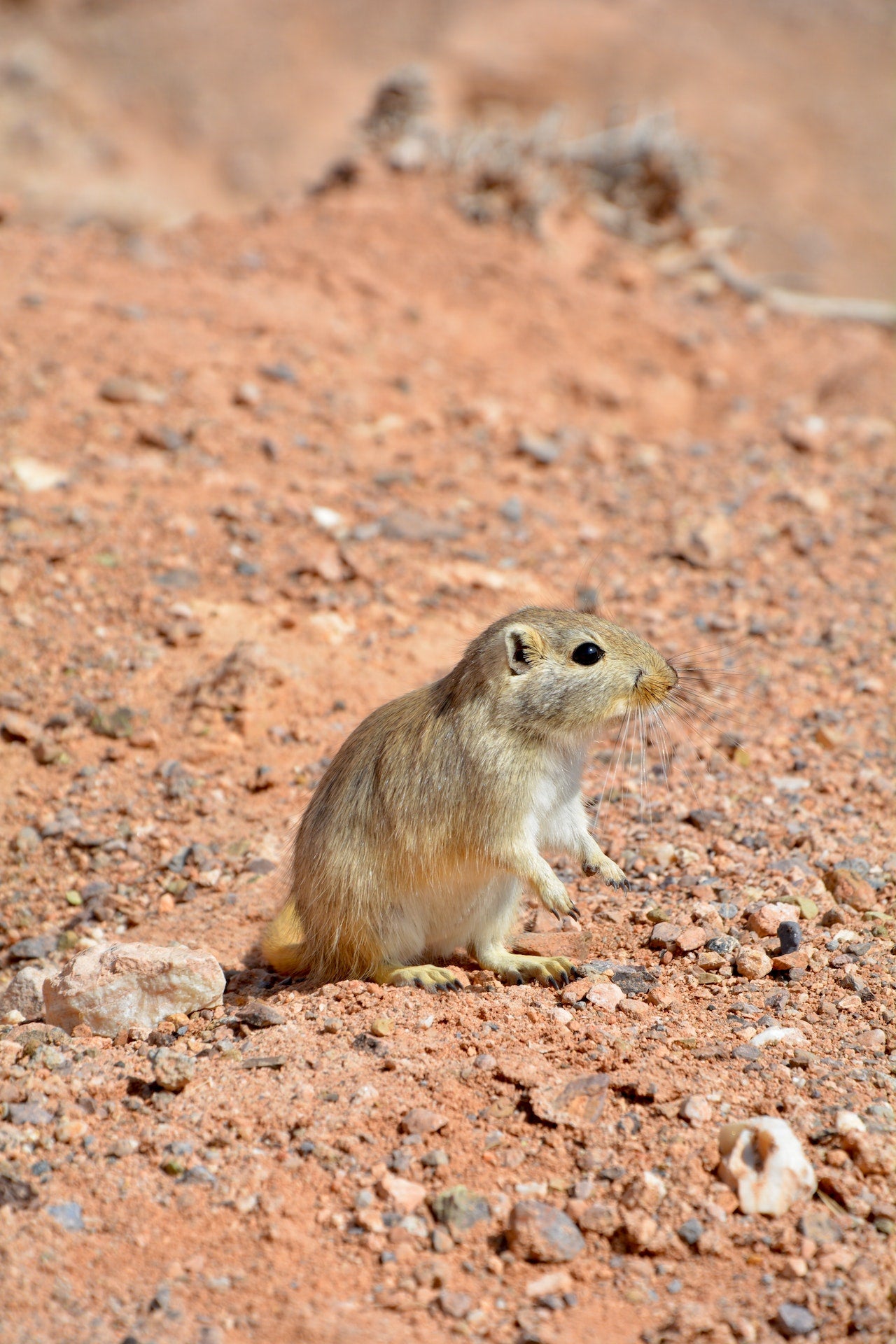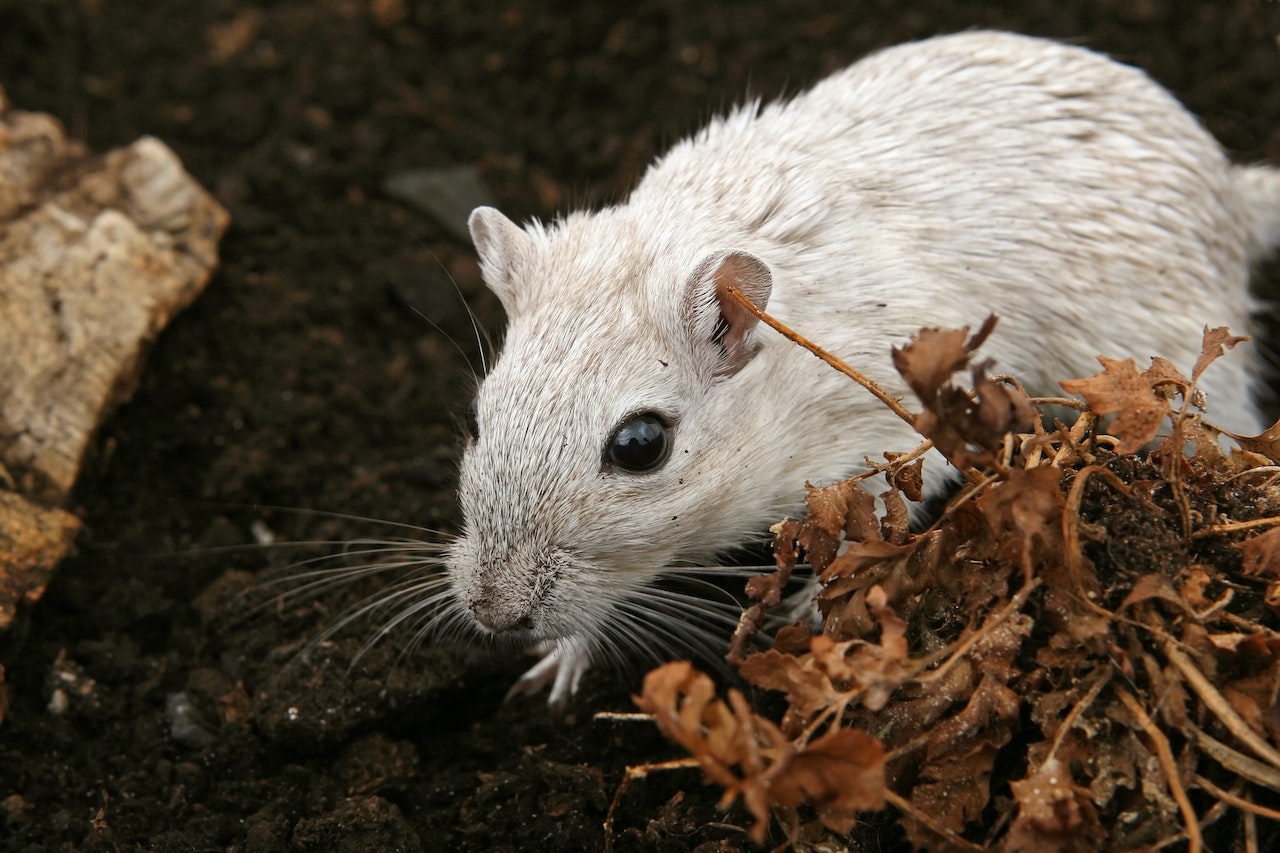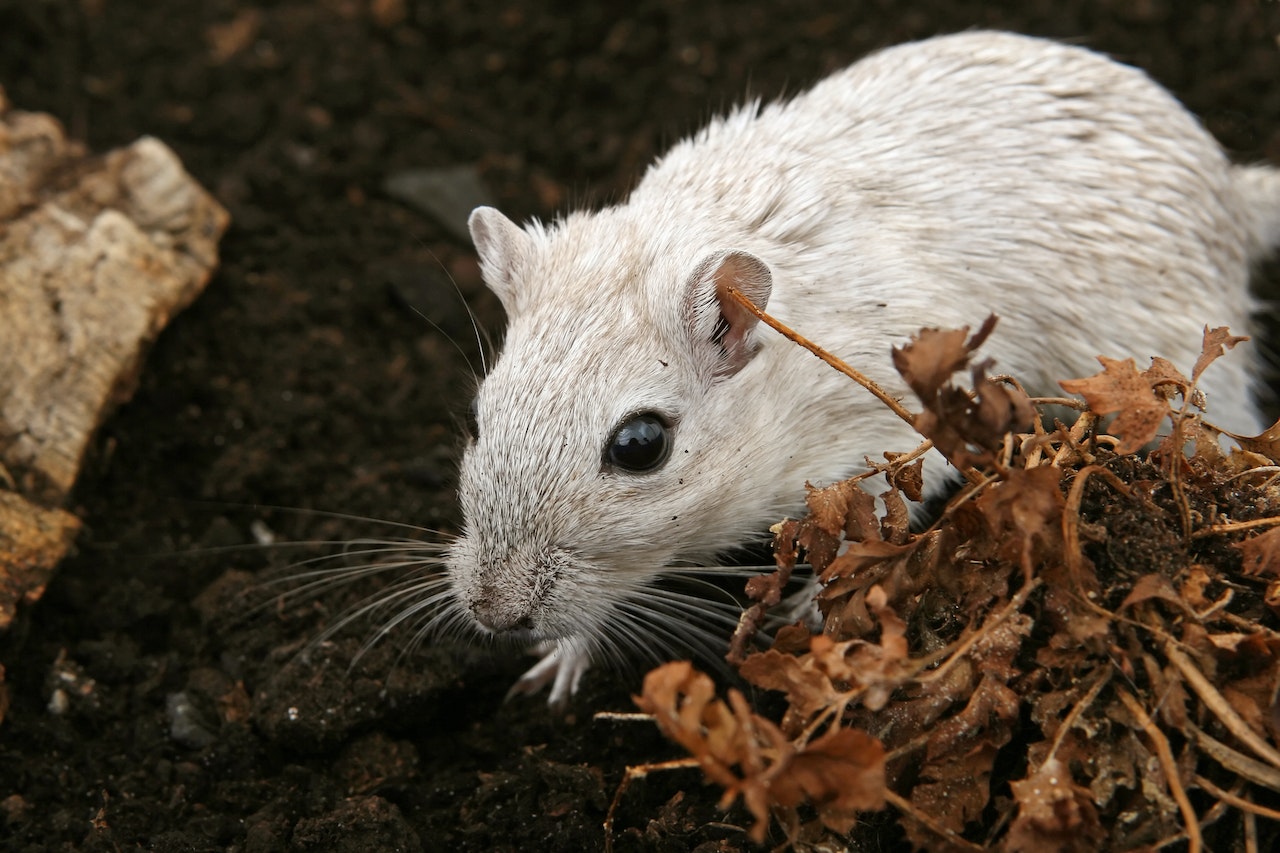Can Gerbils Eat Kiwi
If you're a gerbil owner, it's natural to wonder if your furry little friend can eat kiwi. Kiwi is a popular fruit that's known for its delicious taste and high nutritional value. But when it comes to feeding it to gerbils, you need to be cautious about what you offer them.
In this article, we'll explore whether or not gerbils can safely consume kiwi. We'll also delve into the nutritional value of kiwi, the specific nutritional needs of gerbils, and other fruits and vegetables that are safe for gerbils to eat.
As a responsible pet owner, you want to ensure that your gerbil is getting all the necessary nutrients to stay healthy and happy. Therefore, it's important to understand the impact of introducing new foods into their diet. Keep reading to discover the truth about feeding kiwi to gerbils.
Nutritional Value of Kiwi
Kiwi is a highly nutritious fruit that's packed with vitamins and minerals. It's a good source of dietary fiber, vitamin C, and vitamin K. Kiwi also contains potassium, folate, and small amounts of other essential nutrients like vitamin E and copper.
One medium-sized kiwi (about 69 grams) contains approximately:
61 calories
0.9 grams of protein
0.6 grams of fat
15 grams of carbohydrates
2.7 grams of fiber
64 milligrams of vitamin C (71% of the daily value)
31 micrograms of vitamin K (26% of the daily value)
237 milligrams of potassium (5% of the daily value)
13 micrograms of folate (3% of the daily value)
Given the high nutritional value of kiwi, it's natural to wonder if it's a good addition to your gerbil's diet. However, before introducing new foods to your pet's diet, it's essential to consider their specific nutritional needs.
Are Kiwis Safe for Gerbils to Eat?
Yes, kiwis are generally safe for gerbils to eat, but in moderation. Gerbils can benefit from the vitamins and minerals found in kiwi, but it's important to offer it in small amounts and as part of a balanced diet.
As with any new food, it's best to introduce kiwi gradually into your gerbil's diet to avoid any digestive issues. Start with a small piece and monitor your gerbil's response before offering more. If you notice any signs of diarrhea or other digestive issues, remove the kiwi from their diet immediately.
It's worth noting that not all gerbils will enjoy the taste of kiwi. Some gerbils may be picky eaters and refuse to eat it altogether. If your gerbil is not interested in kiwi, don't force them to eat it.
Risks of Feeding Kiwi to Gerbils
While kiwis are generally safe for gerbils to eat, there are some risks associated with introducing new foods into their diet.
One risk is that gerbils have sensitive digestive systems, and sudden changes to their diet can cause digestive issues like diarrhea, constipation, or bloating. If you notice any of these symptoms, remove the kiwi from their diet and consult with your veterinarian if the symptoms persist.
Another risk is that kiwi contains natural sugars that can cause tooth decay in gerbils. To avoid this, make sure to remove the seeds and cut the kiwi into small pieces before offering it to your gerbil. Additionally, limit the amount of kiwi you offer to your gerbil and don't make it a regular part of their diet.
Finally, some gerbils may be allergic to kiwi, just like humans. If you notice any signs of an allergic reaction, such as hives, difficulty breathing, or swelling, remove the kiwi from their diet immediately and seek veterinary attention.
Recommended Amount of Kiwi for Gerbils
As with any new food, it's essential to introduce kiwi slowly and in small amounts to your gerbil's diet. This allows their digestive system to adjust and avoid any potential issues.
A good rule of thumb is to offer your gerbil a small piece of kiwi, about the size of a pea, once a week, to start. If your gerbil tolerates it well, you can increase the amount gradually, but no more than once or twice a week.
It's also important to remember that kiwi should not be the primary source of nutrition for gerbils. They require a balanced diet of pellets, hay, and fresh fruits and vegetables, with fruits and vegetables making up only a small part of their diet.
Additionally, always make sure to wash the kiwi thoroughly and remove the seeds and skin before offering it to your gerbil. The skin and seeds can be difficult for gerbils to digest and may cause digestive problems.
Preparing Kiwi for Gerbils
When preparing kiwi for gerbils, it's important to follow a few guidelines to ensure their safety and health. Here are some tips on how to prepare kiwi for your gerbil:
Wash the kiwi thoroughly: Before offering kiwi to your gerbil, it's crucial to wash it thoroughly to remove any dirt, debris, or pesticides. You can do this by rinsing the kiwi under cold water and scrubbing gently with a vegetable brush.
Cut the kiwi into small pieces: Gerbils have small mouths and teeth, so it's best to cut the kiwi into small, bite-sized pieces before offering it to your pet. This also makes it easier for them to digest and reduces the risk of choking.
Remove the skin and seeds: The skin and seeds of kiwi can be difficult for gerbils to digest, so it's important to remove them before offering the fruit. Cut the kiwi in half and use a spoon to scoop out the flesh, removing any seeds or tough bits.
Offer in moderation: As mentioned earlier, kiwi should only be offered in moderation and as part of a balanced diet. Start with a small piece, about the size of a pea, and monitor your gerbil's response before offering more.
Conclusion
In conclusion, feeding kiwi to gerbils is generally safe, as long as it's done in moderation and as part of a balanced diet. Kiwi is a good source of vitamin C, fiber, and other nutrients that can benefit your gerbil's overall health and well-being.
However, it's important to remember that gerbils have sensitive digestive systems, and sudden changes to their diet can cause digestive issues. To avoid this, introduce kiwi slowly and in small amounts, and monitor your gerbil's response to ensure they are not experiencing any adverse effects.
Additionally, be sure to wash the kiwi thoroughly, cut it into small pieces, and remove the skin and seeds before offering it to your gerbil. This will help reduce the risk of digestive problems and tooth decay.


